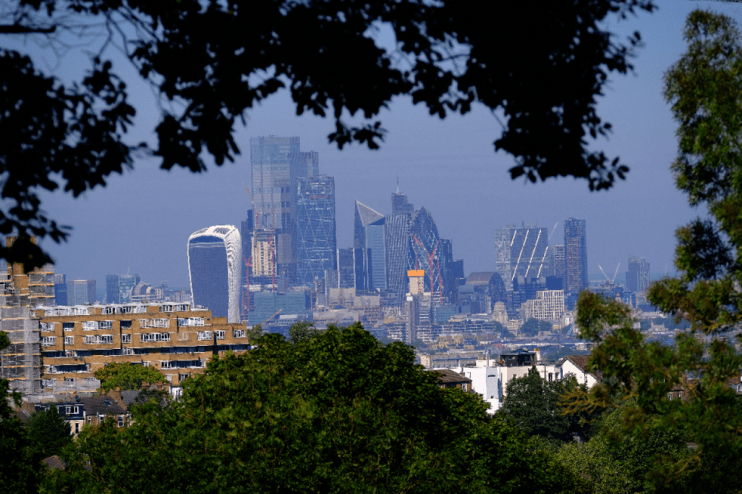Labour capital gains hike would probably cost Treasury money, experts warn

Hiking capital gains tax (CGT) would probably end up costing the Treasury more than it raised, according to leading tax experts at EY.
As the budget approaches, speculation is mounting that Chancellor Rachel Reeves is planning to reform CGT to help fill an alleged £22bn blackhole in the public finances.
The government has repeatedly refused to rule out changes to the regime, including potentially aligning CGT rates with income tax. However, experts at the Big Four firm told City AM that raising CGT rates would likely do more harm than good.
“This would be one of the areas which is likely to have a lot of impact on particular people’s decisions, but probably not result in much in terms of gains for the government,” Chris Sanger, EY’s UK tax policy lead said.
“If you look at all of this, and you try and work your way through it, it’s not going to raise you much revenue,” he added.
Capital gains tax is a levy raised on the increase in value of an asset between the points of purchase and sale. It currently raises £15bn a year.
The rate of CGT sits at 20 per cent on all chargeable assets other than residential property, where the tax is levied at 24 per cent on homes that aren’t a primary residence. In contrast, the highest rate of income tax is 45 per cent.
Government figures suggest that simply increasing CGT rates would lower the tax take. According to HMRC, a 10 percentage point increase in CGT rates could cost the Treasury £2bn by 2027-28.
“The Treasury has just proven that it was on the wrong side of the Laffer curve,” Sanger said.
Sarah Farrow, a partner at EY said, said this was largely a result of investors changing their behaviour to ensure they would not have to pay the levy.
“Its a tax that you don’t have to pay in that if you are sitting on a gain and don’t like the rate of capital gains tax that is currently in place, then you can hold on to those assets,” she said.
Sanger pointed out that all the speculation about a CGT hike might have encouraged people to sell assets before the budget, meaning the Treasury might be able to bank gains without even changing the levy.
HMRC’s figures showed that the Treasury pocketed £197m through capital gains tax in August, the highest for August since at least 2008.